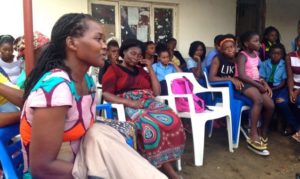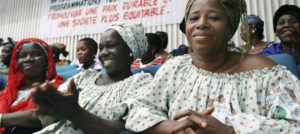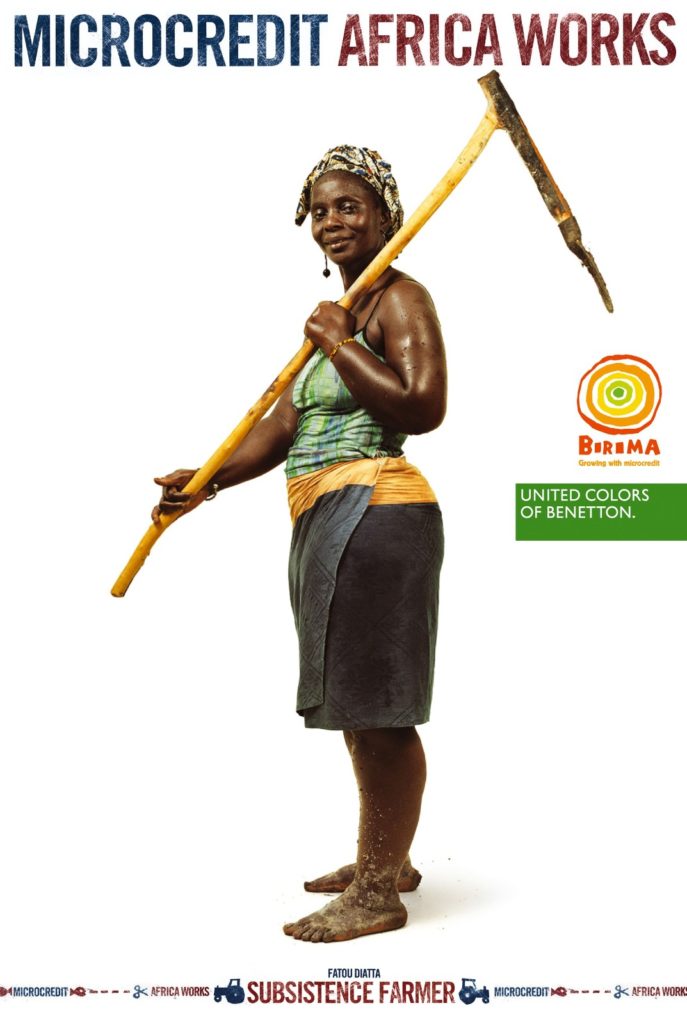
Programs
Gender, peace and security
The impacts of conflict and insecurity are different for women, girls, men and boys. The way people behave is also influenced by their social, cultural and political context that can reinforce expected roles for women, men and gender minorities. Where these underlying gender norms give rise to negative attitudes and behaviours they can be both a driver of conflict and an obstacle to peace. Unless violent or negative gender norms are recognised, challenged and transformed, little sustainable change in other areas of gender, peace and security will be possible.
UN Security Council Resolution 1325 on Women, Peace and Security represents commitments by states to increase women’s participation in UN peace and security efforts, including peacekeeping operations, conflict resolution and post-conflict reconstruction. From a rights perspective, women’s participation requires no justification: women and men are entitled to the same level of inclusion.
As part of a larger effort to evaluate the implementation of the UN Security Council Resolution 1325, AU Watch conducts research on women’s participation and gender perspectives in peace processes. It also examines gender training for police and other peacekeepers, and gender mainstreaming in peace operations and peacebuilding, including in security sector reform and transitional justice. AU Watch further conducts research on masculinities and small arms and light weapons control.
Our work
Women, men, boys, and girls all experience and are impacted by violence and armed conflict in different ways. Gendered experiences of injustice, marginalisation and humiliation can be drivers of armed conflict, and armed conflict can have profound impacts on traditional gender roles, norms and attitudes. Power relations shift, from the household level right up to the sphere of national politics and policymaking. AU Watch acknowledges and responds to these differences and changes in all its programmatic work.
Understanding the links between gender, peace and security is fundamental to AU Watch’s work.
We integrate a strong gender perspective into our community security programming, working with partners to understand the particular challenges faced by women and girls and supporting women’s participation in public debate, policy-making and peace processes.
Building on the momentum established by UN Security Council Resolution 1325 and the renewed focus brought by Goal 5 of the UN Sustainable Development Goals, we support states and civil society to translate these international commitments into gender-sensitive programmes that deliver tangible results for women, girls, men and boys. In addition, through our research we seek to understand and address the links between masculinities and violent conflict.
Our Approach
 We take an intersectional approach to gender; meaning, we understand that gender is just one identity marker that affects men, women, boys and girls. Other identity markers, such as ethnicity, age, (dis)ability, class, sexual orientation, religion and so forth, intersect with gender to produce multi-layered forms of oppression and discrimination.
We take an intersectional approach to gender; meaning, we understand that gender is just one identity marker that affects men, women, boys and girls. Other identity markers, such as ethnicity, age, (dis)ability, class, sexual orientation, religion and so forth, intersect with gender to produce multi-layered forms of oppression and discrimination.
In addition to applying gender-sensitive methods, AU Watch commits itself to adopting a gender transformative approach whereby we seek to challenge harmful gender norms and pursue inclusive peace and security processes. Inclusive peacebuilding means addressing, challenging, and trying to transform the power dynamics and actors which create divisions and exclude certain groups of people.
What do we do?
 AU Watch has a Gender, Peace and Security (GPS) team which assists in mainstreaming gender across the organisation, and supports the development of gender-specific programmes. AU Watch is signatory to the Gambia National Action Plan (NAP) on Women, Peace and Security and, as well as being a key partner in the process and implementation of the NAP, in Sierra Leone and Liberia.
AU Watch has a Gender, Peace and Security (GPS) team which assists in mainstreaming gender across the organisation, and supports the development of gender-specific programmes. AU Watch is signatory to the Gambia National Action Plan (NAP) on Women, Peace and Security and, as well as being a key partner in the process and implementation of the NAP, in Sierra Leone and Liberia.
The GPS team has managed gender pilot funds since 2019, which provide programmes with the opportunity to create small-scale innovate projects working on gender related issues. There have been gender pilots in The Gambia, Senegal Liberia and Sierra Leone.
Publications

The report presents a glimpse into some of the activities and programmes lead by the regional office that have had measurable impacts, and which can be further grown with donor support.

Understanding why micro-credit works for many African women.

The Charter is an International Human Rights instrument that is intended to promote and protect human rights and basic freedoms in the African continent.
Stay informed about our work on gender,
peace and security